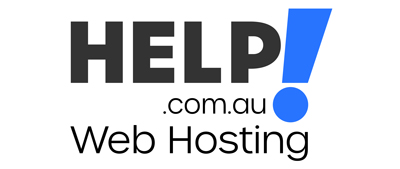Interesting development. If it goes mainstream..not so sure about how this will effect keyword relevance at the 2nd level. i.e /keyword/index.html -
"Google says goodbye to URLs in new Chrome Canary update."
http://venturebeat.com/2014/05/01/google-says-goodbye-to-urls-in-new-chrome-canary-update/
"Burying the URL"
http://www.allenpike.com/2014/burying-the-url/
"This is a new UI experiment that's deployed to a small fraction of users. We're looking at a few key metrics to see if this change is a net positive for Chrome users. (I imagine it may help defend against phishing)."
https://news.ycombinator.com/item?id=7678580
https://news.ycombinator.com/item?id=7677898
"Google says goodbye to URLs in new Chrome Canary update."
http://venturebeat.com/2014/05/01/google-says-goodbye-to-urls-in-new-chrome-canary-update/
"Burying the URL"
http://www.allenpike.com/2014/burying-the-url/
"This is a new UI experiment that's deployed to a small fraction of users. We're looking at a few key metrics to see if this change is a net positive for Chrome users. (I imagine it may help defend against phishing)."
https://news.ycombinator.com/item?id=7678580
https://news.ycombinator.com/item?id=7677898






